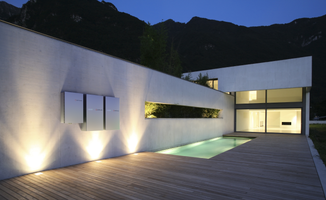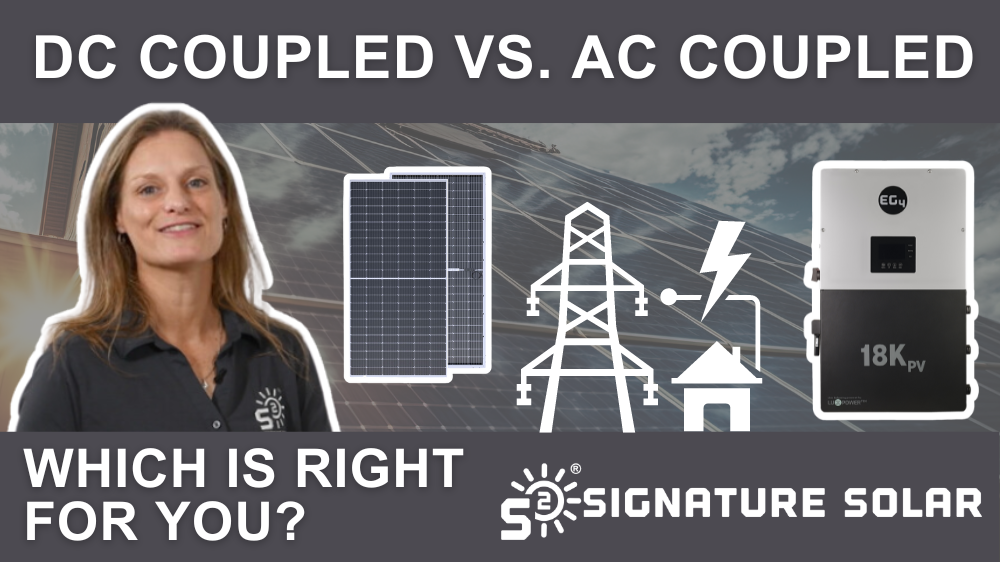AC vs. DC Coupling: What’s the Difference and Which is Right for Your Solar Setup?
Posted by Signature Solar on 7th Oct 2024
Understanding the inner workings of solar systems can be a bit overwhelming, especially with so many technical terms like AC Coupling and DC Coupling. But don’t worry! We’re here to break it all down so that you can easily grasp the differences between these two solar battery configurations and decide which one best fits your needs.
The Basics: Solar Energy, AC vs. DC Current, and Why It Matters
Solar panels generate DC (Direct Current) electricity when sunlight hits them. However, homes and the electrical grid use AC (Alternating Current). This difference means that, in most solar systems, the DC power produced by your solar panels must be converted into AC for use in your home or to send back to the grid. That’s where inverters come in.
But what happens when you want to store some of that energy in batteries for later use, like when the sun isn’t shining? That’s where the distinction between AC Coupling and DC Coupling comes into play. These two methods handle the conversion and storage of solar energy in different ways.
What is DC Coupling?
DC Coupled systems keep things simple. In these systems, the electricity from your solar panels stays in DC form as it flows directly to charge your batteries. A charge controller, which can be a stand-alone component or housed within an inverter, is used to ensure that the batteries are charged efficiently without being overcharged. Only when the energy needs to be used (for powering your home or sending back to the grid) is the DC electricity converted to AC by an inverter.
Advantages of DC Coupling:
- Efficiency: Since the energy flows directly into the batteries without needing to be converted to AC and then back to DC, DC Coupled systems are typically more efficient for storing energy. There are fewer conversion steps, which means less energy is lost as compared to AC Coupling discussed later.
- Simplicity: These systems are generally simpler, especially in off-grid setups where maximizing battery charging efficiency is crucial.
- Ideal for Off-Grid Systems: Because of their efficiency, DC Coupled systems are often the go-to choice for off-grid solar setups, where energy storage is critical for providing power during nighttime or cloudy days.
Disadvantages of DC Coupling:
- Inverter Limitation: A key downside is that you’re limited by the inverter’s capacity. For example, if you have a 10 kW inverter, that’s the maximum amount of power you can draw from the system at any time, even if your solar panels or batteries could provide more.
- Less Flexible for Retrofits: If you already have a solar system installed and want to add batteries later, DC Coupled systems may require you to replace or significantly modify the inverter, which can be costly.
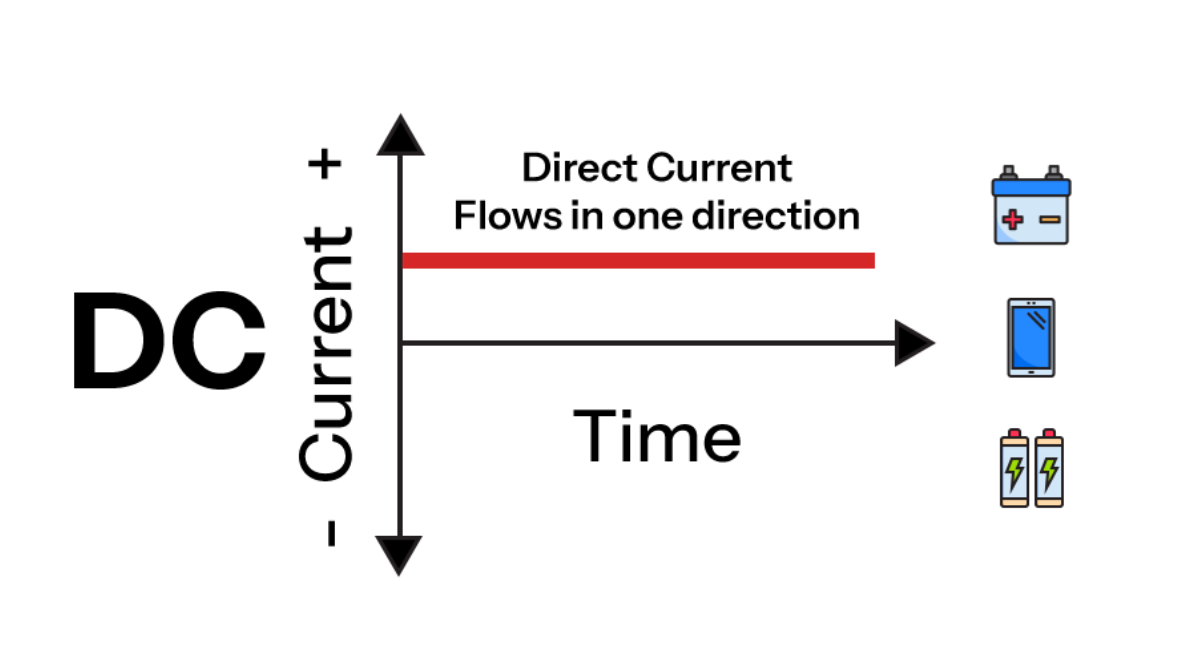
What is AC Coupling?
AC Coupled systems, on the other hand, handle things a bit differently. In these systems, the DC power generated by the solar panels is immediately converted to AC by a grid-tied inverter. This AC power can then be used in your home or sent to the grid. However, since batteries store energy as DC, the AC power must be converted back to DC to charge the batteries. This conversion requires a second inverter, called a multimode inverter or battery inverter, which handles both the AC-to-DC and DC-to-AC conversions.
Advantages of AC Coupling:
- Flexibility for Retrofits: AC Coupled systems are much easier to add onto an existing solar system. If you already have solar panels installed and want to add battery storage later, an AC Coupled system allows you to do that without replacing your existing inverter.
- Additive Power: In AC Coupled systems, you can combine the output of both the solar inverter and the battery inverter. This means you can supply more power during peak demand, taking advantage of both your solar array and your stored battery power.
- Redundancy: In AC Coupled systems, even if the battery inverter fails, your solar panels can still generate power (as long as the grid is up), making the system more reliable in certain scenarios.
Disadvantages of AC Coupling:
- Efficiency Losses: Since AC Coupled systems involve multiple conversions (DC to AC, AC to DC, and back again), some energy is lost during each conversion. These systems are typically less efficient than DC Coupled systems when it comes to charging and discharging batteries.
- Complexity: AC Coupled systems are more complex to design and install, and they often require additional components, such as a backup loads panel or an extra inverter.
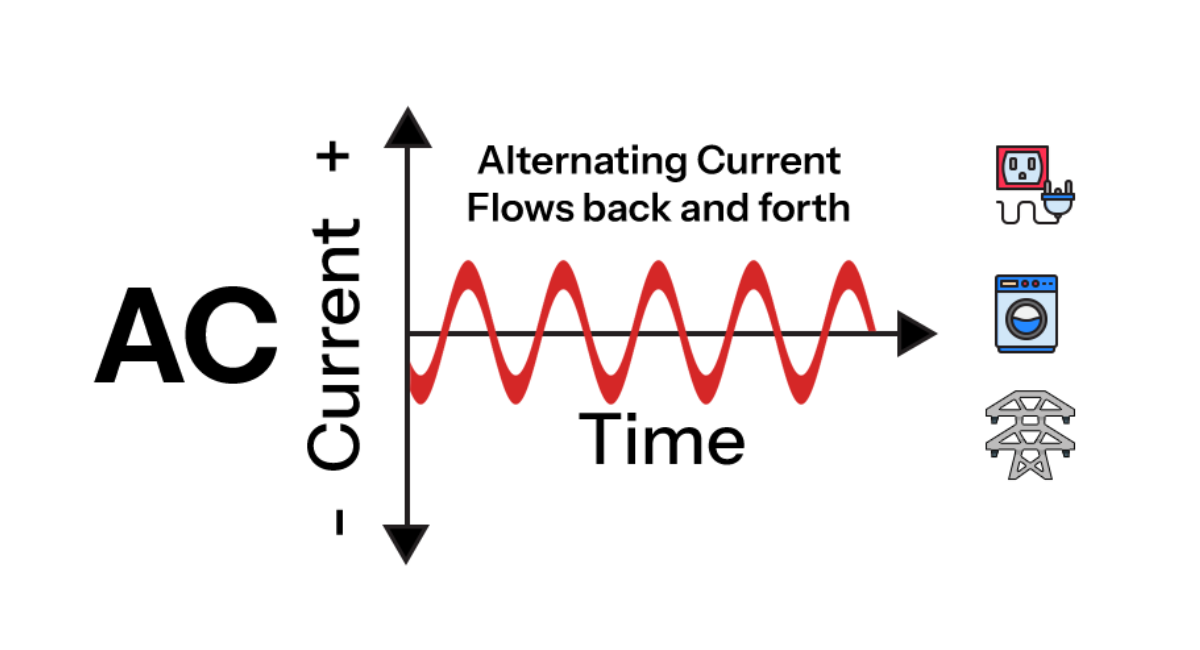
A Quick Comparison: AC Coupling vs. DC Coupling
Here’s a quick breakdown to help you understand the key differences:
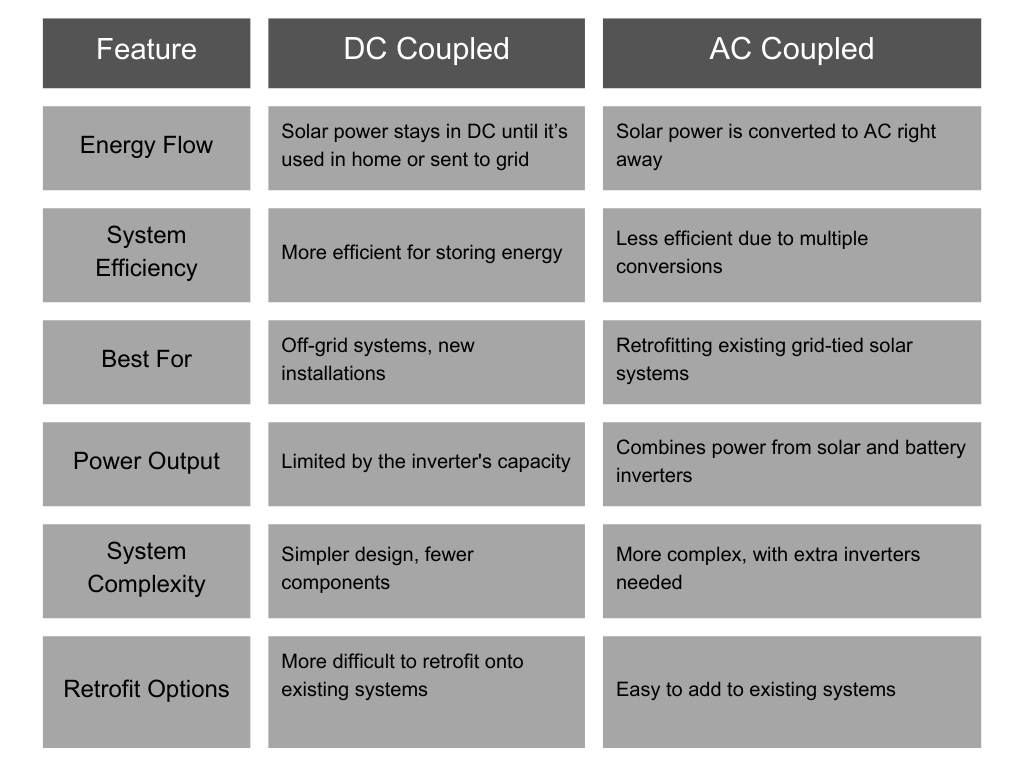
Efficiency: Which One is Better?
Efficiency is one of the biggest factors to consider when choosing between AC and DC Coupling. DC Coupled systems shine when it comes to maximizing energy storage efficiency. Since DC power flows directly from the solar panels to the batteries without being converted to AC first, there’s minimal energy loss during the process.
On the other hand, AC Coupled systems experience efficiency losses because the power is converted multiple times—first from DC to AC, then back to DC for storage, and finally back to AC for use. However, the tradeoff is the flexibility AC Coupling offers, especially if you’re adding batteries to an existing system.
Real-World Examples: Choosing the Right System for You
- Off-Grid Homes: If you’re designing a solar system for an off-grid home, a DC Coupled system is often the best choice. The efficiency of direct battery charging is key when you need to store as much energy as possible for use when the sun isn’t shining.
- Adding Batteries to an Existing Solar Setup: If you already have solar panels installed and want to add batteries for backup power or to reduce your reliance on the grid, an AC Coupled system makes the most sense. You won’t have to replace your current inverter, and the system can be expanded more easily over time.
Which One is Right for You?
Deciding between AC and DC Coupling depends on your specific needs. If efficiency is your top priority—especially for an off-grid setup—a DC Coupled system is likely the better choice. But if flexibility and expandability are more important to you, especially for retrofitting an existing solar system, an AC Coupled system may be a better fit.
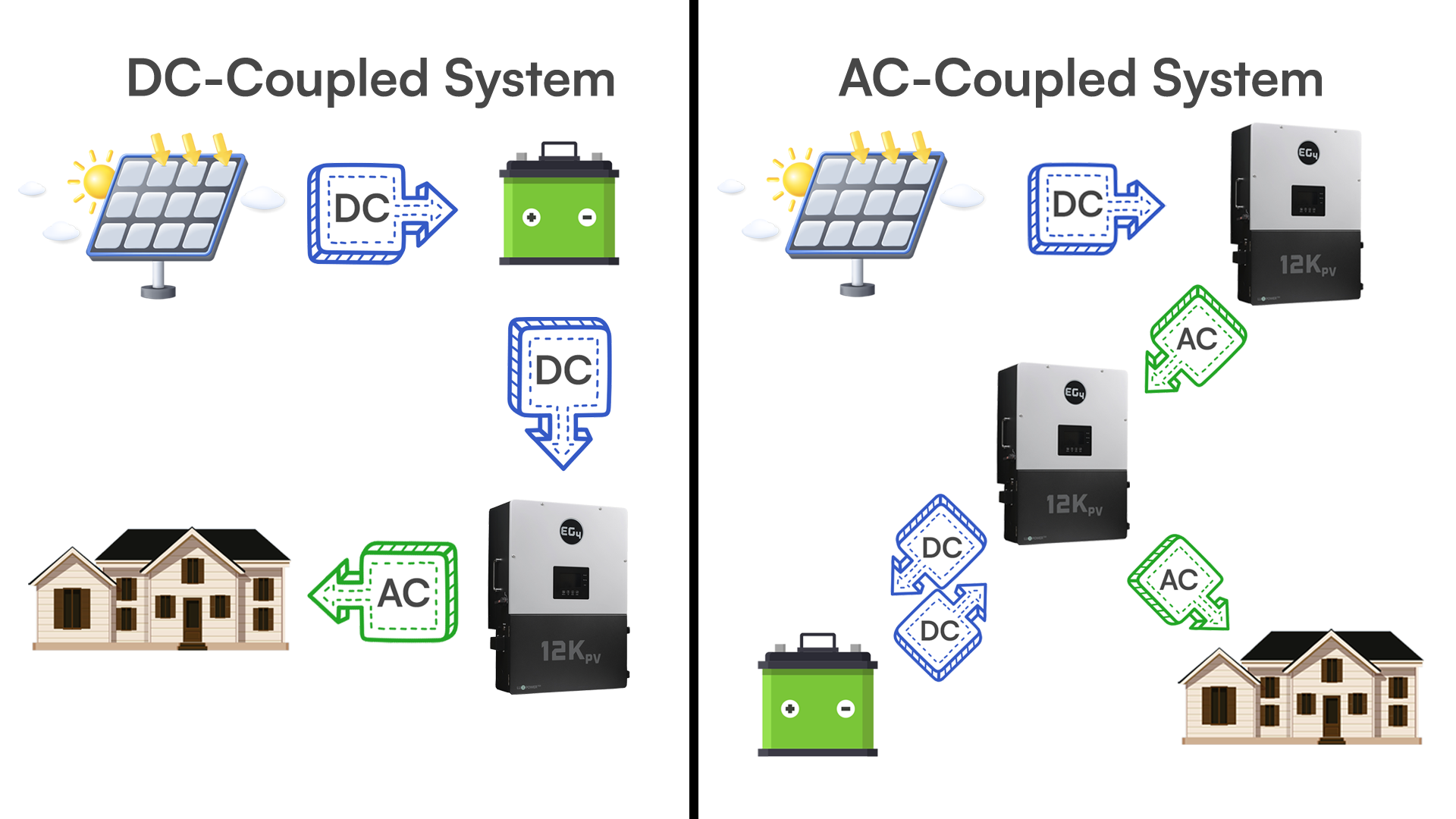
Conclusion: Making the Best Choice for Your Solar Setup
In the world of solar energy, there’s no one-size-fits-all answer. DC Coupled systems are great for efficiency, especially in off-grid scenarios where energy storage is key. AC Coupled systems, on the other hand, provide flexibility and are ideal for retrofits or expanding an existing system.
If you’re exploring solar energy for your home and need guidance on choosing the best system for your needs, reach out to us at Signature Solar. Our team is here to help you navigate your options and find the ideal solution to meet your energy goals. At Signature Solar, we believe solar is accessible to everyone, and we’re excited to help you on this journey.
Curious to dive deeper into DC vs. AC coupling? Check out this video for a comprehensive look:
DC Coupled vs. AC Coupled Solar Systems: Find the Best Fit for Your Setup

